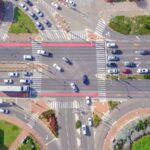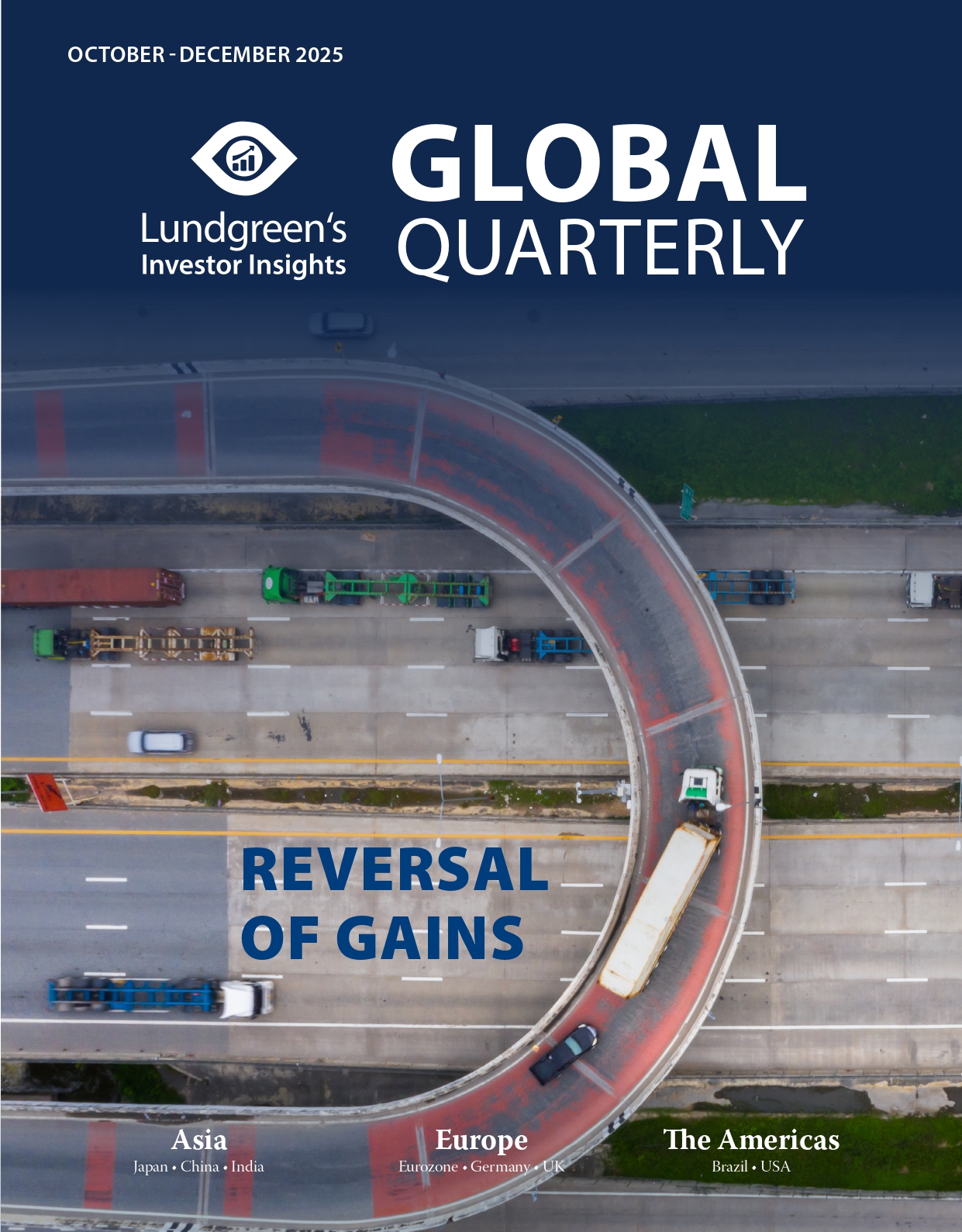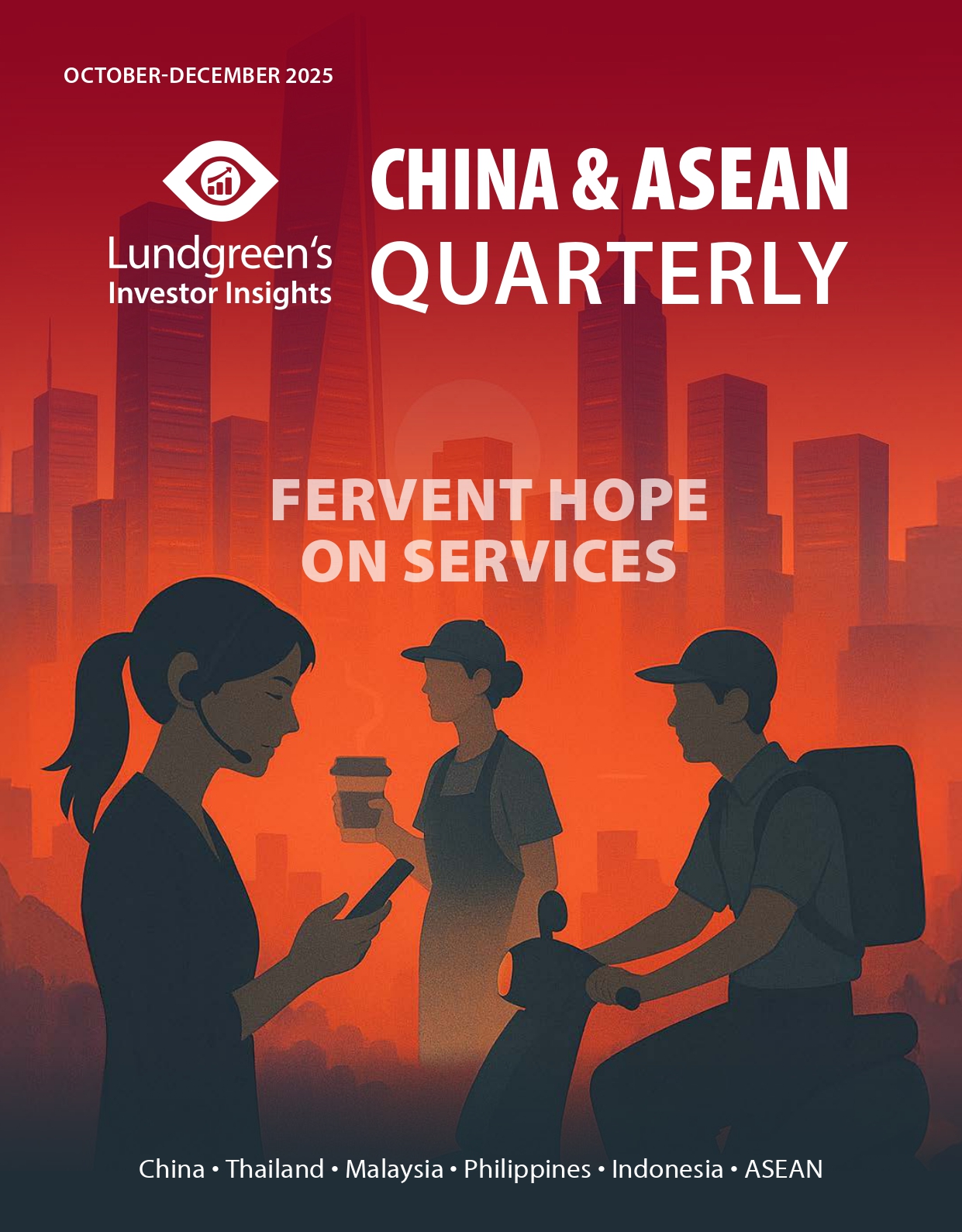Nusantara: Site of Indonesia’s future economic development?
Former Indonesian President Joko Widodo ended his term by holding office at the new capital city of Nusantara beginning 29 July 2024. The USD 32-billion project was set for completion before he stepped down in October. Widodo is optimistic that this megaproject will lift Indonesia’s status as a developed country by 2045, with an expected GDP value of USD 180 billion generated from Nusantara itself.
According to the Nusantara Capital Authority (OIKN), the decision to move the capital away from Jakarta is strategic due to Nusantara’s location as a shipping route, as well its suitability for developing public infrastructure. It is also located at the borders of two growing cities Samarinda and Balikpapan.
The construction of the new capital has been criticized heavily for environmental degradation due to deforestation, the resignation of the head of the Nusantara Capital Authority as the project was about to kick off, and overall delays. It took 20 years between planning and execution of the transfer of capital cities, which also requires national government agencies to build new offices and relocate their assets and employees to Nusantara.
In response to the environmental issue, the OIKN has prepared a Biodiversity Management Master Plan as a guide to maintaining Nusantara’s ecosystem, with the support of the Asian Development Bank (ADB) and the Australian government.
However, when the new capital was inaugurated on 17 August – coinciding with Indonesia’s Independence Day celebrations – half-completed buildings adorned the humble celebration. The entire Nusantara project is slated to be finished only by 2045. The question is if this project can deliver a substantial boost for Indonesia’s economy and open opportunities for foreign investments sooner than later.
Changing capitals
The capital shift proceeded as Jakarta is now a sinking city. Excessive groundwater extraction has resulted to about 40 per cent of Jakarta sinking below sea level. The city is also suffering from overpopulation and ranks 30th worldwide with the worst traffic congestion. Although Jakarta has been given the status as the country’s main economic hub in March, Widodo envisioned that the development of Nusantara would generate a highly positive contribution towards the nation’s growth as well as become more “Indonesia-centric” and not just “Java-centric,” to be more economically and culturally inclusive.
As seen in Graph 1, Indonesia’s GDP during the third quarter of 2024 amounted to IDR 5,638.9 trillion (USD 350 billion) with 56.84 per cent (USD 200 billion) coming from Java. In comparison, Kalimantan Island, where Nusantara is located, only contributed 8.15 per cent or USD 84 billion to the GDP. Shifting the central city to Nusantara will hopefully raise Kalimantan’s share in national economic development enough to challenge Java’s supremacy. According to Minister of Investment Bahlil Lahadalia, the Nusantara capital will trigger a fourfold growth for the East Kalimantan economy. The ADB recognizes the Indonesian government’s reasoning in relocating the capital to stimulate national economic growth, but stressed the need to ensure that the area under construction will provide a high quality of life to its future residents.

Attracting investments
Former Defence Minister Prabowo Subianto, Widodo’s bet, has assumed the presidency in October and vowed to continue the Nusantara megaproject.
Graph 2 shows investments towards the Nusantara project from Phases 1 to 8 amounting to IDR 58.4 trillion (USD 3.6 billion), allocated to building public facilities and developing the property sector. Although there are whispers of the megaproject being delayed due to the lack of developments and financing, the OIKN highlighted that they have secured almost IDR 60 trillion (USD 3.7 billion) in investments and more investors are showing interest. Authorities targeted the total investments to hit IDR 100 trillion (USD 6.4 billion) by end-2024, constituting 21.5 per cent of the IDR 466-trillion (USD 32 billion) budget for Nusantara. However, it did not come into fruition.

Others from the ASEAN region are also showing interest to participate in the project. Malaysian firm Sarawak Energy already invested in a hydropower project in Kalimantan by acquiring a 25 per cent stake. A Brunei consortium also committed to pour USD 300-450 million for housing projects in Indonesia’s new capital. Beyond ASEAN, China’s Citic Construction expressed interest in developing 60 residential towers in Nusantara and South Korea also plans to invest in Nusantara’s underwater toll road worth USD 690 million.
To boost investor confidence, Indonesia’s government has implemented regulations on cultivation rights in Nusantara. The regulation will last 190 years and will be divided into two cycles. The government will also provide building use rights guaranteed up to 160 years divided into two cycles as well. Previous regulations for foreign investors on rights to build granted only 80 years, with rights to manage capped at 30 years plus a 20-year extension. A final renewal, if granted, adds 30 years. Aside from that, Finance Minister Sri Mulyani Indrawati shared that the government will extend tax holidays, income tax reduction, supertax deductions, and the exclusion of taxable goods and services from value-added tax to stimulate economic activity in Nusantara.
A potential spillover from Nusantara’s development is through logistics. In January, Widodo inaugurated the Nusantara Logistic Super Hub that will facilitate trade flows between the western and eastern regions of Indonesia. With the plan to build two ports around Nusantara, the new capital is anticipated to be the biggest commercial port in eastern Indonesia. Additionally, the government wants to prioritize the renewable energy sector, and the new capital can be the home of new power projects. For instance, Abu Dhabi Future Energy Company unrolled a feasibility study for a 200-megawatt renewable energy facility in Nusantara. Once investors are convinced, Nusantara can create more business opportunities for those betting on Indonesia’s growth story.







